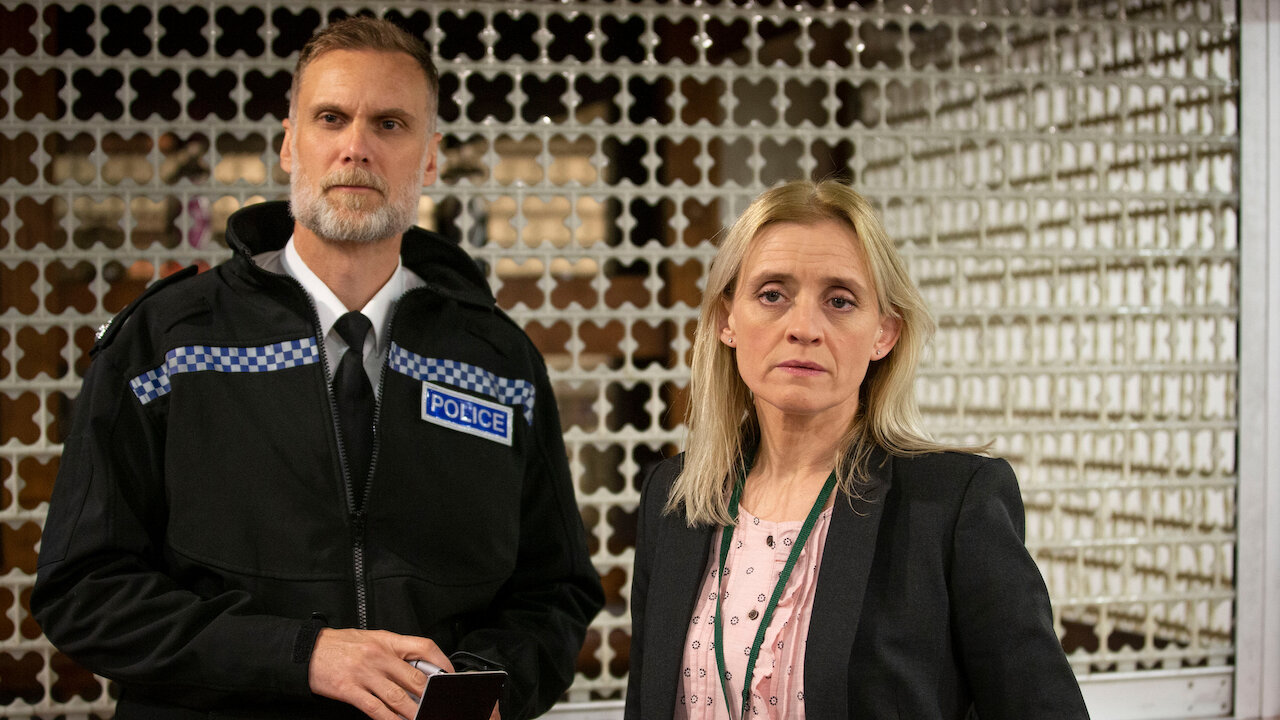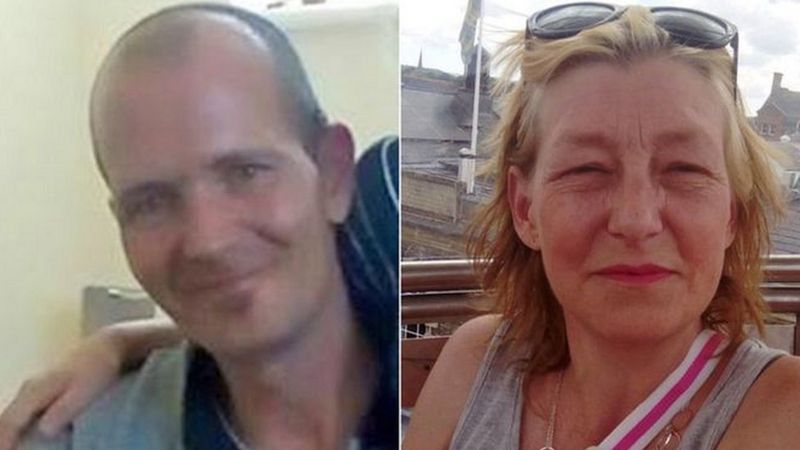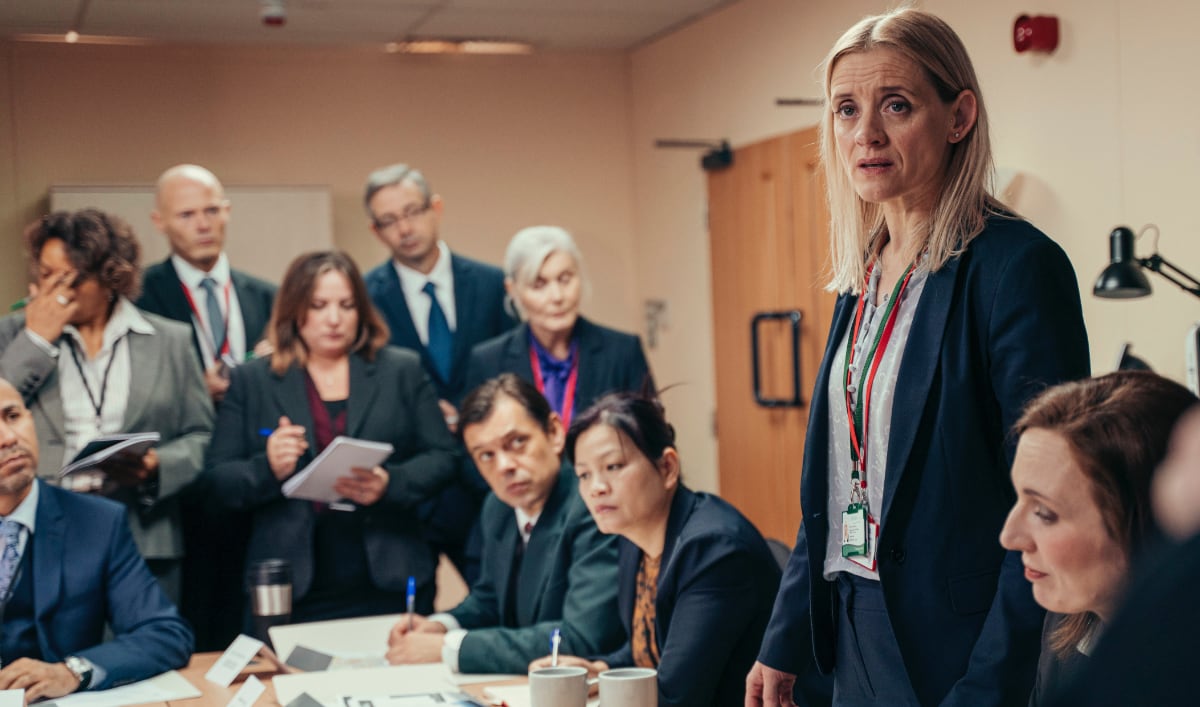‘The Salisbury Poisonings’ is a British drama series that deals with a Novichok poison crisis afflicting the eponymous city, and stars Anne-Marie Duff, Rafe Spall, and Annabel Scholey. A former Russian military officer (who was also a double agent for the UK’s intelligence services) is found poisoned on a park bench. So is his daughter, but these are not the only victims of the lethal nerve agent. The plot is quite petrifying, but what if it was based on real events?
The Impact of the Novichok Attacks
Yes, ‘The Salisbury Poisonings’ is based on a true story. The drama series is the retelling of the Novichok poisonings of Sergei and Yulia Skripal in March 2018 in Salisbury. The subsequent Amesbury poisonings also contributed to the plot. Interestingly, screenwriters Adam Pattison and Declan Lawn are former Panorama journalists. Hence, the integrity of the victims’ experience was paramount while writing the script.

According to Declan, “Investigative journalism tends to be about how the world works. Drama is about how people work. We had a vision of making a kind of factual drama that could encompass both of those things. So, in the autumn of 2018 we found ourselves in Salisbury at a time when wounds were still raw, asking each other the first and most important question; should we even be attempting to tell this story?” The two writers had a small budget that allowed them to research the story for just a few weeks, and they weren’t sure if the project would be a success.
However, the testimonies of the community members that they collected eventually convinced the BBC executives to commission ‘The Salisbury Poisonings.’ Now, to discuss the events that transpired in 2018. On March 4, 2018, Sergei Skripal and his daughter, Yulia, were found unconscious on a park bench in Salisbury by a doctor and a nurse that were passing by. They had been poisoned by a Novichok nerve agent that had been rubbed on their residence’s front door. At that time, Sergei was 66 years old. He was a former Russian military officer who also became a double agent for UK’s intelligence agencies.

He had been arrested and was convicted for high treason, but in 2010, he was allowed to leave Russia as part of a spy swap. The two were hospitalized, and Sergei regained consciousness a month after the attack, whereas 33-year-old Yulia took three weeks to recover. Detective Sergeant Nick Bailey, who had entered Sergei’s apartment, also became extremely unwell and was kept under intensive care. However, this was not the only incident that occurred around the time.
Dawn Sturgess and Charlie Rowley, who were in their 40s, had also been rushed to the hospital after they were found unconscious in their house in Amesbury. Charlie apparently found a bottle of perfume, and he gave it to Dawn. Unbeknownst to him, the bottle was laced with the poison. Although he recovered, Dawn, unfortunately, did not survive the incident. She passed away nine days after she was hospitalized. It is said that she was exposed to higher levels (almost ten times more) of the lethal agent than the Russian father and daughter.

When the medical staff raised their concerns, the Salisbury NHS Foundation Trust declared it a major incident and worked with multiple agencies to aid the response. In fact, the decontamination effort was eventually referred to as Operation Fairline. In an effort to curb the poison’s effects on the city, officials also had to take drastic measures. This included disposing ambulances and police cars that had been exposed to the nerve agent, blocking off vast portions of the city, and even calling in the army, who then spent 13,000 hours on the cleanup.
Anne-Marie Duff essays the role of Tracy Daszkiewicz, Wiltshire’s Director of Public Health and Safety in 2018. In an interview, she said, “You forget about the collateral damage in terms of human lives and how severe it was. And it certainly wasn’t a joke or something to laugh about if you live there.” In the wake of the poisonings, a huge controversy ensued as the Russian government was blamed for the incident. Two men were suspected – Alexander Petrov and Ruslan Boshirov, who was actually Colonel Anatoliy Vladimirovich Chepiga.
They allegedly worked for the G. U. Intelligence Service. The then British Prime Minister, Theresa May, also expelled 23 Russian diplomats, as did more than 20 other countries, in support of the UK. Travel restrictions were also put in place between the two countries. However, the Russian government has denied any involvement in the crime.
Read More: Where Was The Salisbury Poisonings Filmed?

